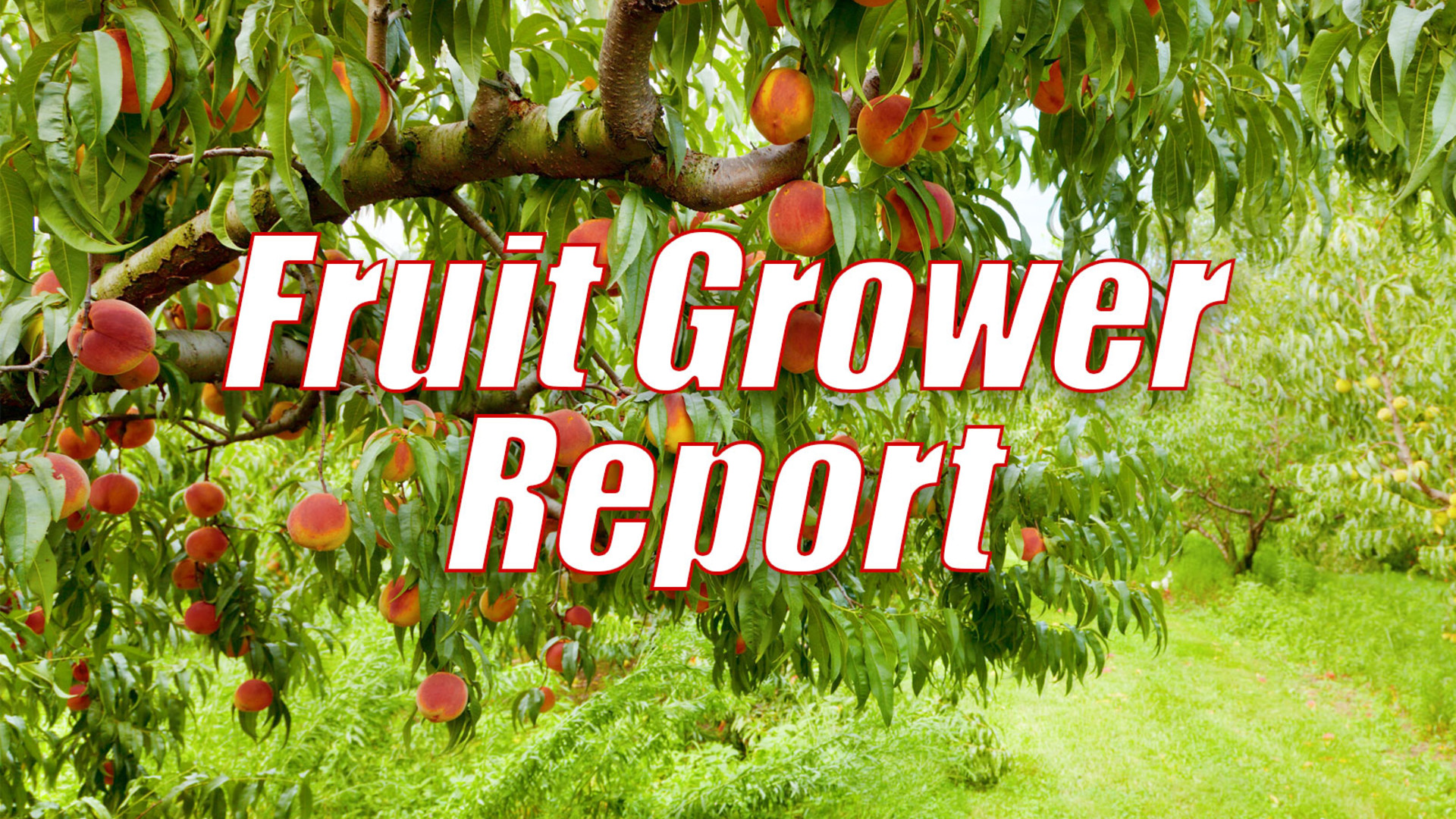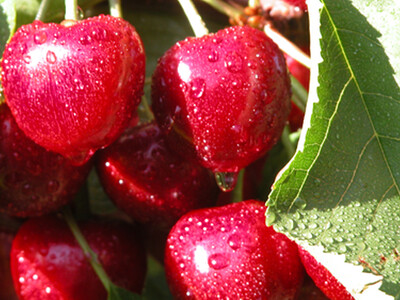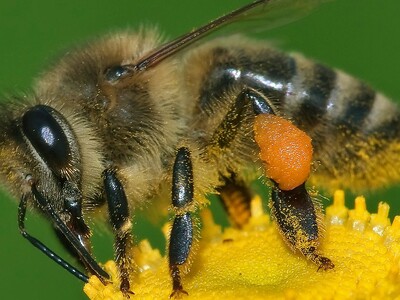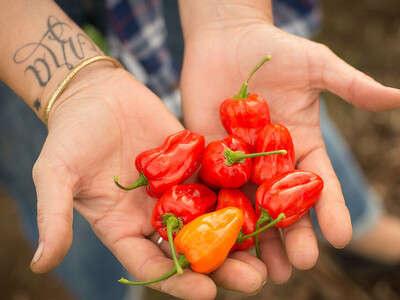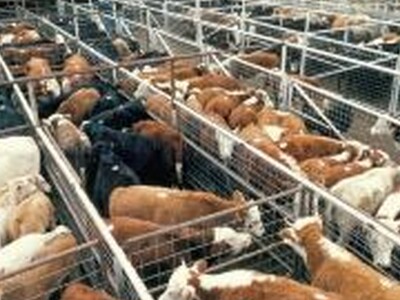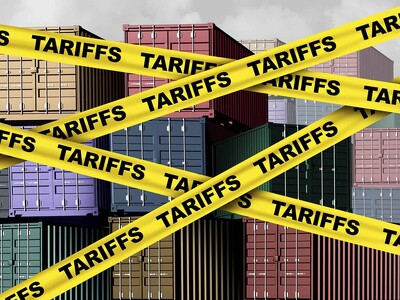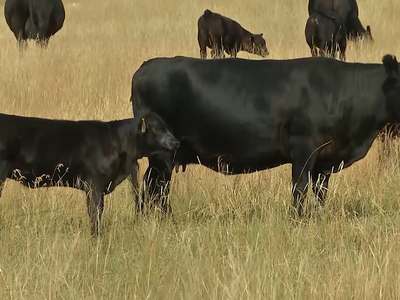Declining Bee Populations
Declining Bee Populations. I’m Greg Martin with today’s Fruit Grower Report.
Declining honeybee colony populations continue to be a concern - and the U.S. Department of Agriculture recently participated in a study trying to discover why this decline is occurring. USDA Agricultural Research Service Bee Research Leader Jeff Pettis says one possibility found during this study is exposure to certain fungicides - which is causing honeybees to be more vulnerable to the Nosema parasite.
PETTIS: We think of insecticides, things that would kill insects but this was a fungicide which usually is sprayed on crops to protect the bloom from wilt and things like that. So in the past we haven’t thought of fungicides as being particularly detrimental to bee health. And a few others actually have clearly shown that fungicides can be of concern.
Despite these results - Pettis says there still are a variety of other factors that affect bee health.
PETTIS: We’ve been doing a lot of work just trying to understand honeybee heath and why the bees may be weak or dying and one thing that we see in general is that colonies where bees are dying have high pathogen loads. Things like viruses, bacteria, fungi. Things like that in their body. But we don’t think those things are acting alone. We think they’re kind of opportunistic and taking advantage of a weak host so we have been looking at what I’ll call primary stressors on the colony. Things like poor nutrition, pesticide exposure, parasitic mite feeding. Things that might weaken the bee and then these pathogens are just taking over and kind of acting secondarily to kill the bee so that’s been our thought process for a number of years now. Trying to look at these interactions.
That’s today’s Fruit Grower Report. I’m Greg Martin on the Ag Information Network.


